Martin Luther King Jr.
The American civil rights leader Martin Luther King Jr. would have been 83 years old on Sunday, Jan. 15, so it was fitting that members of the library's Talk Lab English Club spent part of the day learning about his life, the important cause that he died for, and how he is honored in the United States.
The official Martin Luther King Jr. holiday is the third Monday in January, which this year came on Jan. 16, a day after King's actual birthday. King was born in 1929 but killed by an assassin, on April 4, 1968, when he was only 39 years old.
The 23 Talk Lab participants at the meeting also heard excerpts of King's famous “I Have a Dream” speech and learned some of the vocabulary of civil rights, including:
~ Discrimination – treating someone differently based on the group, class, race or other category to which a person belongs rather than on individual merit.
~ Racism – a belief, policy or action involving the idea that someone else's race inferior to yours.
~ Prejudice – preconceived opinion formed before having knowledge or facts.
~ Segregation – the practice of creating separate facilities for a minority group, usually based on race, ethnicity or religion.
The Civil Rights Movement for African Americans began many years before King was born. But he gave the struggle international fame with his brilliant and spellbinding speeches, and strategy of using nonviolent civil disobedience to bring about social and political change. His talents and leadership helped win approval in the U.S. Congress of major legislation that made many forms of racial discrimination and segregation illegal in America. For his efforts, he received the Nobel Peace Prize in 1964.
The importance of King's work might best be understood by knowing what African Americans had to endure, especially in the Southern states that had made up the Confederacy during the American Civil War of 1861 to 1865. The South lost the war and the U.S. Government abolished slavery, but the Southern states soon passed their own laws that made it extremely difficult for black people to enjoy their citizenship as well as find good-paying jobs. For example, in many places blacks could not sit with white people at restaurants, movie theaters, sporting events and concerts. Those who tried, often were arrested and faced serious threats on their lives. White politicians who controlled the Southern governments also made it hard for blacks to vote in public elections, much less run for office.
King's involvement in the civil rights struggle began in 1955 in Montgomery, Alabama, after a woman named Rosa Parks challenged a law that forced black people to give up their bus seats to white people. She was arrested and the Montgomery black community responded by organizing a one-day bus boycott. Black leaders then decided to continue the boycott until the law was changed. The effort, now led by Martin Luther King, took more than a year but resulted in the U.S. Supreme Court declaring that the Montgomery law was unconstitutional.
King soon became a national civil rights leader and led anti-discrimination efforts in many localities. Then, on August 28, 1963, he gave his “I Have a Dream” speech to a crowd of about 300,000 people who participated in the March on Washington. The talk, considered by many to be one of the top 10 speeches in American history, included these words:
“I have a dream that one day this nation will rise up and live out the true meaning of its creed: 'We hold these truths to be self-evident, that all men are created equal.' ...
“I have a dream that my four little children will one day live in a nation where they will not be judged by the color of their skin but by the content of their character.”
The entire speech can be heard and read at this website, http://www.americanrhetoric.com/speeches/mlkihaveadream.htm.
King's leadership went well beyond making speeches. He taught other civil rights activists to practice nonviolent techniques for protesting against racism and other injustices. While King and his followers challenged discrimination through peaceful activities, they often were arrested or met with violent responses from police, sheriffs and angry mobs.
There are many famous quotes from King about practicing nonviolence, such as: “Nonviolence is a powerful and just weapon, which cuts without wounding and ennobles the man who wields it. It is a sword that heals.”
King also spoke on many other topics, and is known for other motivational quotes, including: “Life's most persistent and urgent question is, 'What are you doing for others?'”
The U.S. government established the Martin Luther King Jr. holiday in 1983. Leaders, along with King's family, encourage Americans to honor King on that day by asking themselves that question, “What are you doing for others?” and to volunteer to help other people or their communities in general.
King's widow, Coretta Scott King, explained the philosophy of the holiday this way:
"The national holiday honoring Dr. King is an occasion for joy and celebration for his life and his work toward nonviolent social change in America and the world. Traditionally, we celebrate holidays with parties, family picnics, fireworks, a trip back home or to the seashore. However, we must also be mindful that this is a special holiday - one which symbolizes our nation's commitment to peace through justice; to universal brother- and sisterhood; and to the noblest ideal of all: a democratic society based on the principles of freedom, justice and equality for all people. Whether you celebrate Dr. King's birthday on January 15th or during Black History Month, the holiday is an occasion for thanksgiving, unselfishness, and rededicating ourselves to the causes for which he stood and for which he died." More photos.






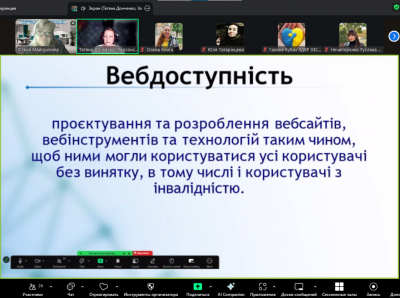
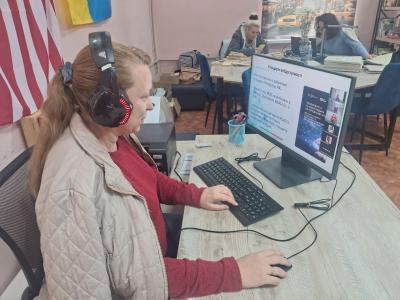
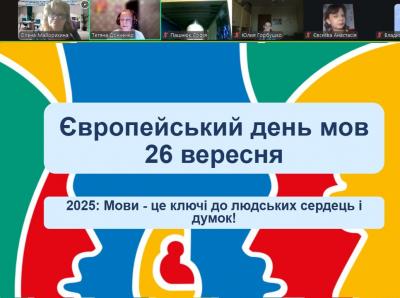
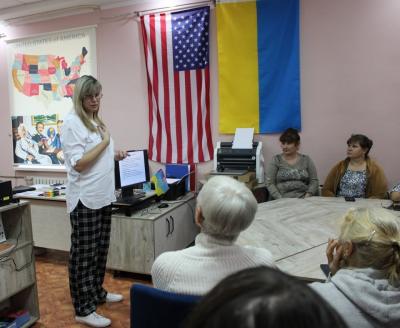
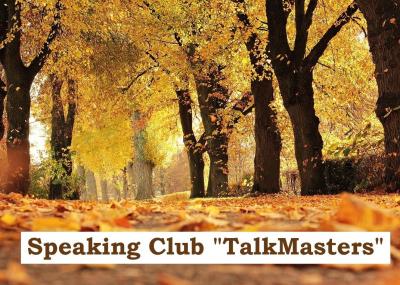
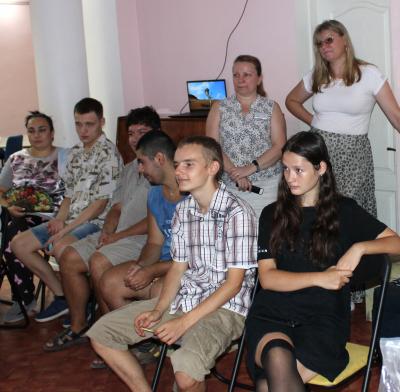


Comments